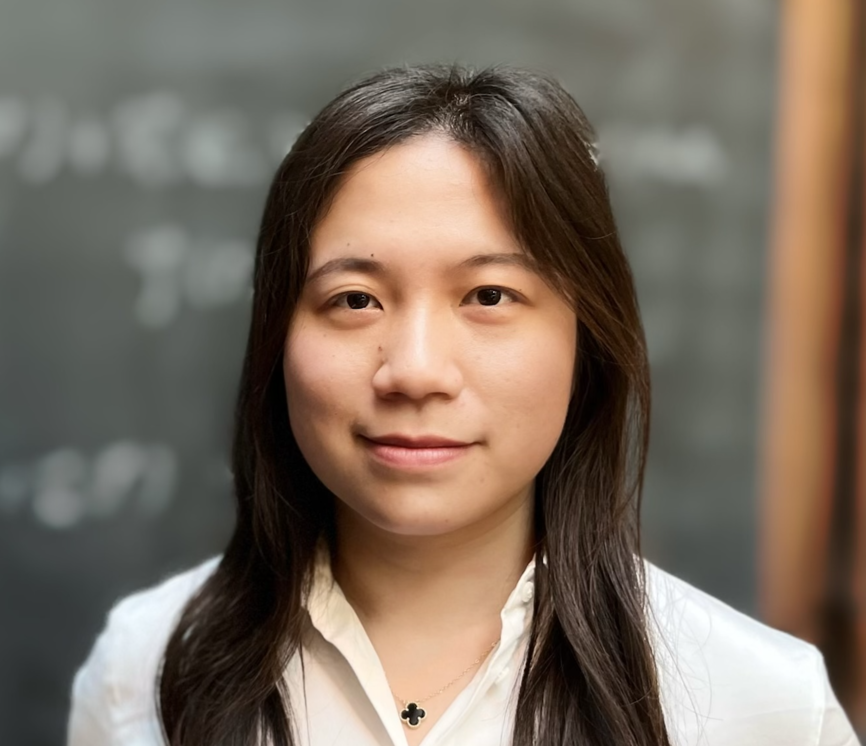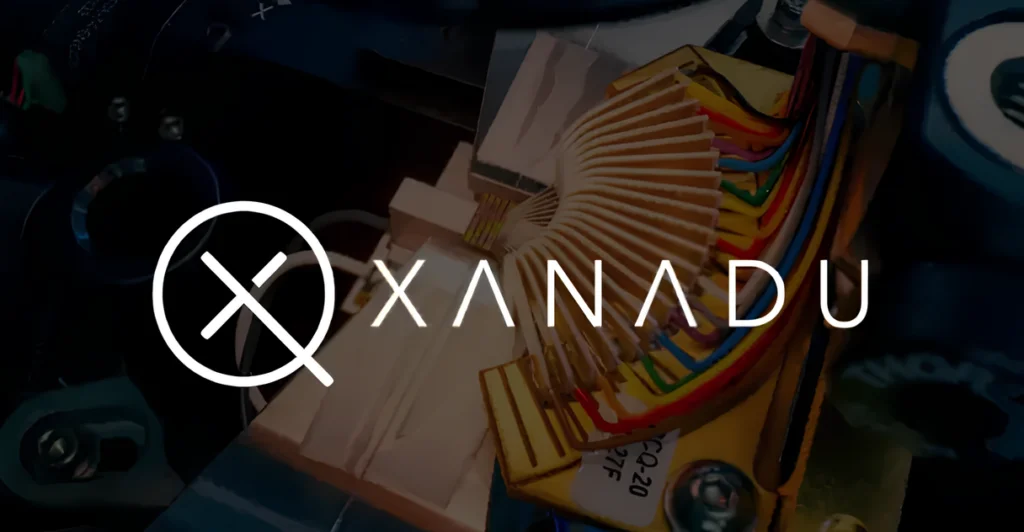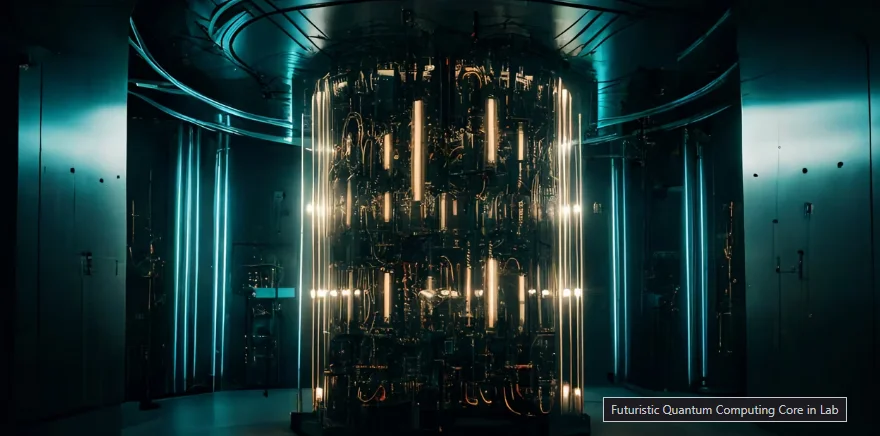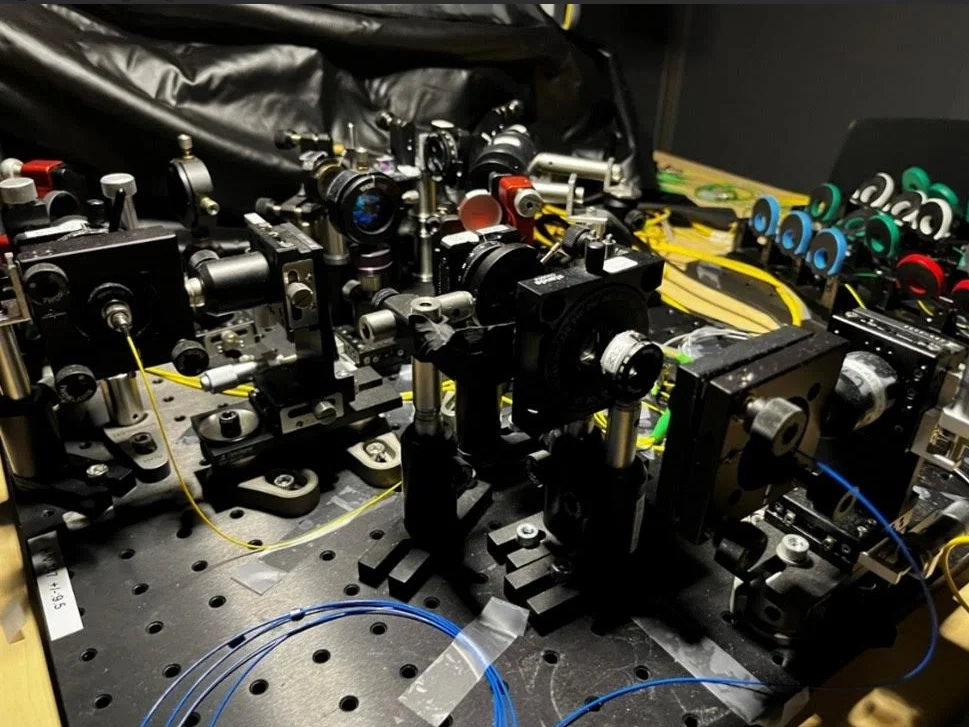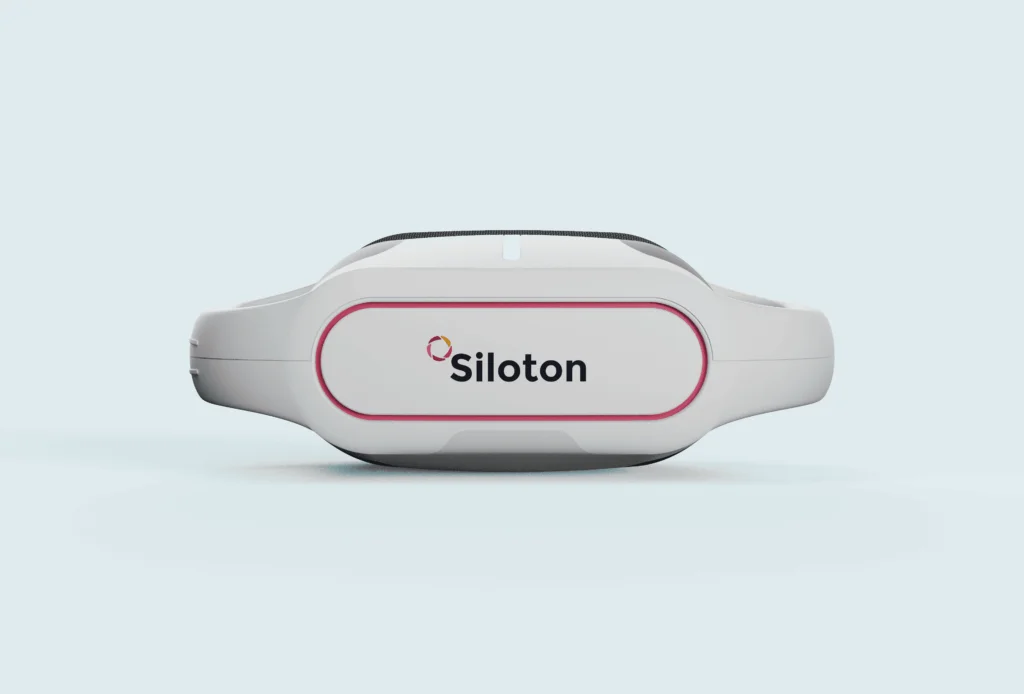Insider Brief
- Dr. Shuqiu Wang, Assistant Professor in Physics, University of Bristol, has been selected as the winner of the 2024 Nicholas Kurti Science Prize.
- Dr. Wang received the award for her work in atomic-scale visualisation and identification of electronic structures in p-wave topological superconductors at millikelvin temperatures.
- This research is helping to advance the study of unconventional superconductivity through state-of-the-art experimental techniques.
PRESS RELEASE — Oxford Instruments is delighted to announce that Dr. Shuqiu Wang, Assistant Professor in Physics, University of Bristol, has been selected as the winner of the 2024 Nicholas Kurti Science Prize.
The Award recognises Dr. Wang’s work in atomic-scale visualisation and identification of electronic structures in p-wave topological superconductors at millikelvin temperatures. Her research contributions are advancing the study of unconventional superconductivity through state-of-the-art experimental techniques – the combination of dilution refrigerator and scanning tunnelling microscope.
Dr Wang says “I am thrilled and honoured to join the distinguished recipients of the Nicholas Kurti Prize. It encouragingly validates both the scientific and engineering aspects of experimental physics. I am deeply grateful to the brilliant and intelligent scientists—my advisors and colleagues—with whom I have worked with. Their guidance and collaboration have been invaluable in helping me receive this wonderful recognition.”

Dr Wang’s research has made significant contributions to the field. Her work has had a strong impact in the field of topological quantum matter, representing a breakthrough in identifying an unprecedented quantum state – a topological pair density wave, the spin-triplet superconductor UTe2. Her research in orbital ordering has also opened doors to a unified explanation of high-temperature superconductivity.
Matt Martin, Managing Director at Oxford Instruments NanoScience said, “It is always a privilege to support the work of outstanding young scientists, and Dr Wang is no exception. It was especially interesting reading about her work with dilution refrigerators and developing scanning tunnelling microscopes. Her contributions to the field of low-temperature physics and their implications for the development of technologies like quantum computing make her a very worthy winner of this year’s prize.”
The objective of the Nicholas Kurti Science Prize is to promote and recognise the novel work of young scientists working in the fields of low temperatures and/or high magnetic fields in Europe.
The 2024 Nicholas Kurti Science Prize selection committee is chaired by Professor George Pickett, Lancaster University and includes Professor Rolf Haug, Universität Hannover, Professor Vladimir Dmitriev, P L Kapitza Institute, Moscow, Professor Dominik Zumbühl, University of Basel and Dr Silviano De Francheshi, Institute for Nanosciences and Cryogenics, Grenoble.
Dr Wang has held several notable positions at leading academic institutions. She joined the University of Oxford as a post-doctoral researcher in 2019 where she served as lead postdoc, supervising group operations during the pandemic in 2020-2021. As a visiting student at Cornell University, she and her team developed a quantitative theoretic model to quantify Andreev tunnelling. Since December 2023, she is the Assistant Professor leading the Visualizing Quantum Matter Research Group at the University of Bristol. Dr Wang has eleven first-author papers and four corresponding authors to her name, in journals including Nature, Science, Nature Materials and Nature Communications. Alongside this, she has also conducted over ten invited talks at leading institutions and international conferences, such as the APS March Meeting, and at Harvard, MIT and Berkeley College.
The Nicholas Kurti Science Prize
Oxford Instruments is aware that there is a critical and often difficult stage for many between completing their PhD and gaining a permanent research position. The company therefore would like to help individuals who are producing innovative work by offering assistance both financially and through promotion of their research work. The prize is named after Professor Nicholas Kurti (1908-1998), who is known for his distinguished work in ultra-low temperature physics at the Clarendon Laboratory, Oxford University.
Previous recent winners of the Nicholas Kurti Science Prize include Dr Samuli Autti, Lancaster University, Professor Angelo di Bernardo, University of Konstanz, Dr Alexander Grimm, Paul Scherrer Institut, Rebeca Ribeiro-Palau, Centre de Nanosciences et de Nanotechnologies (C2N), and Landry Bretheau, Institut Polytechnique de Paris.

